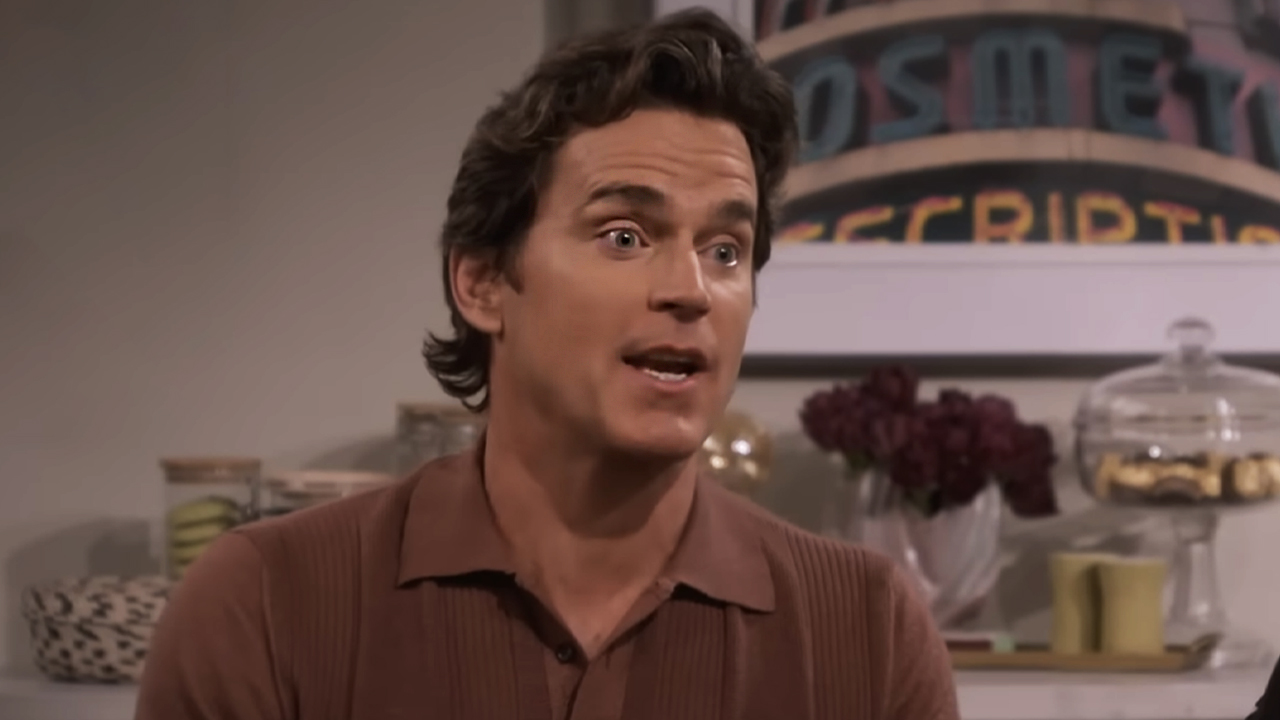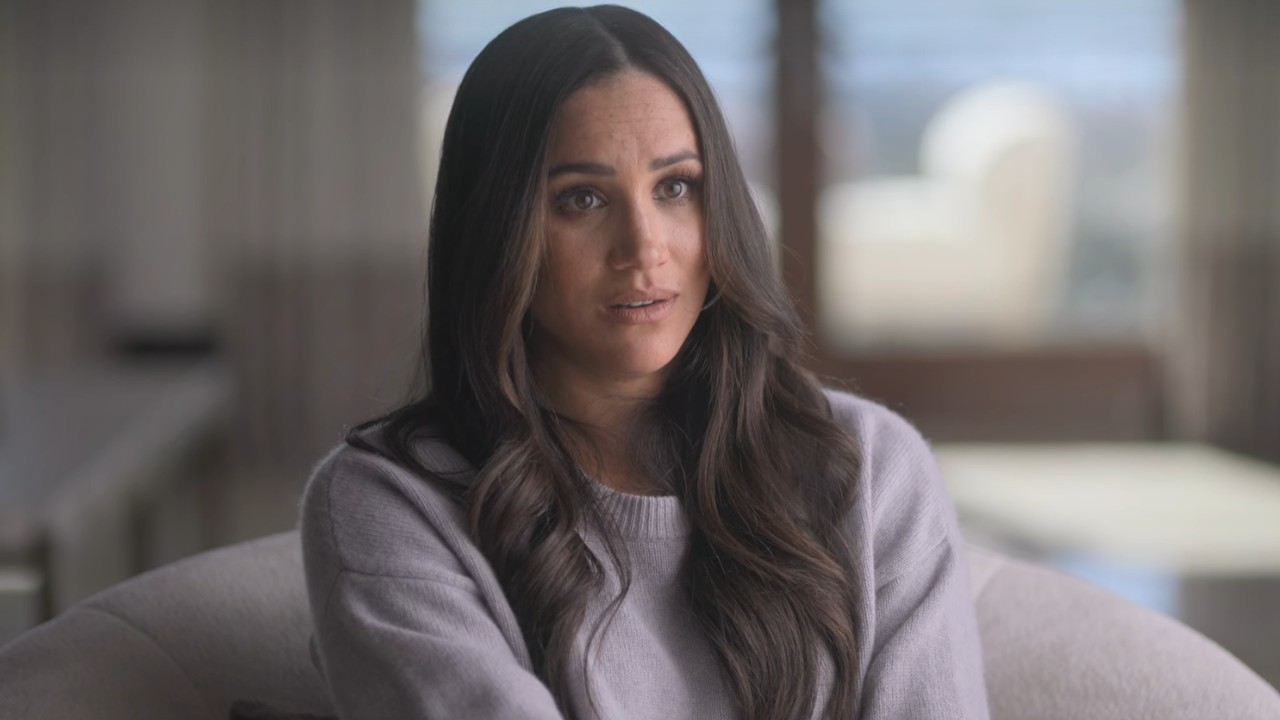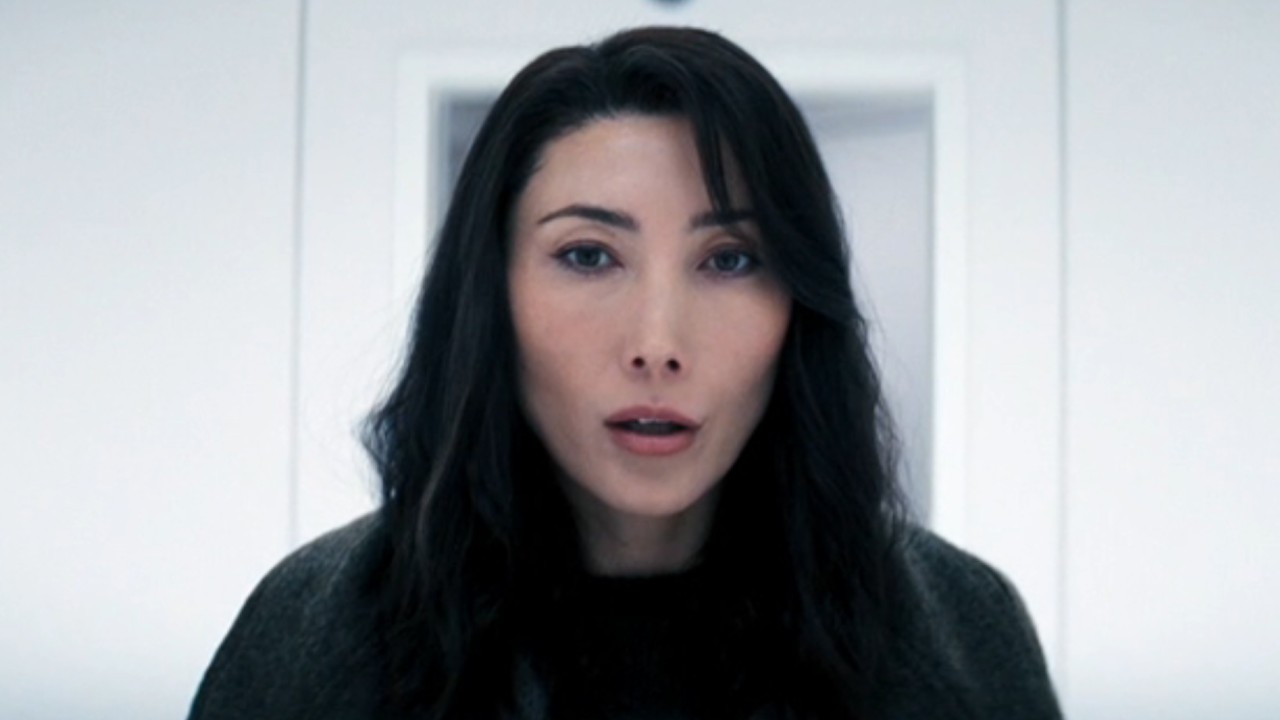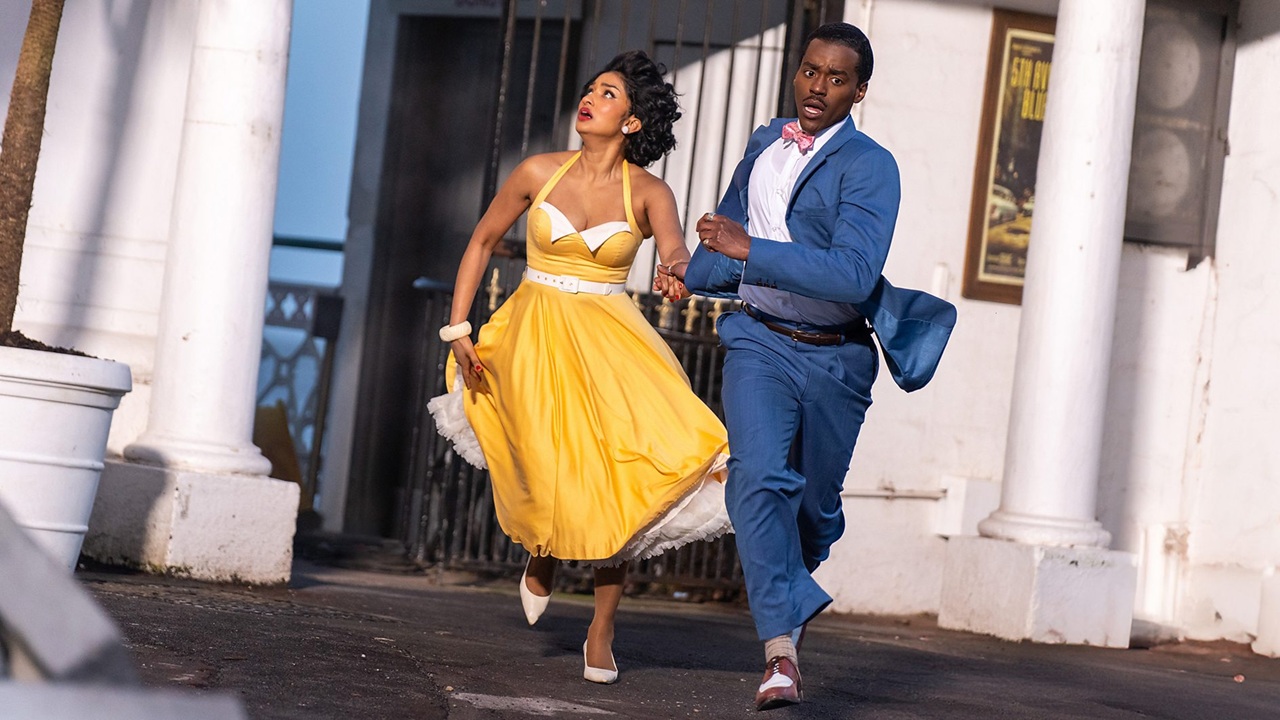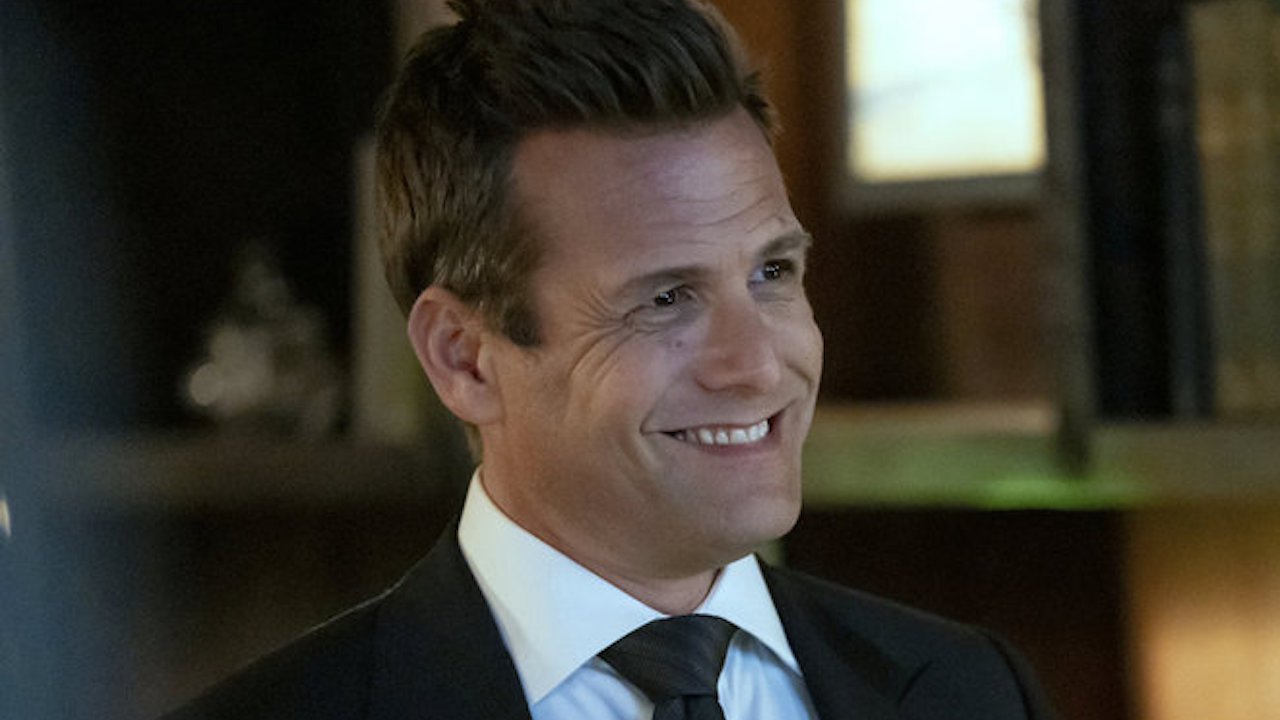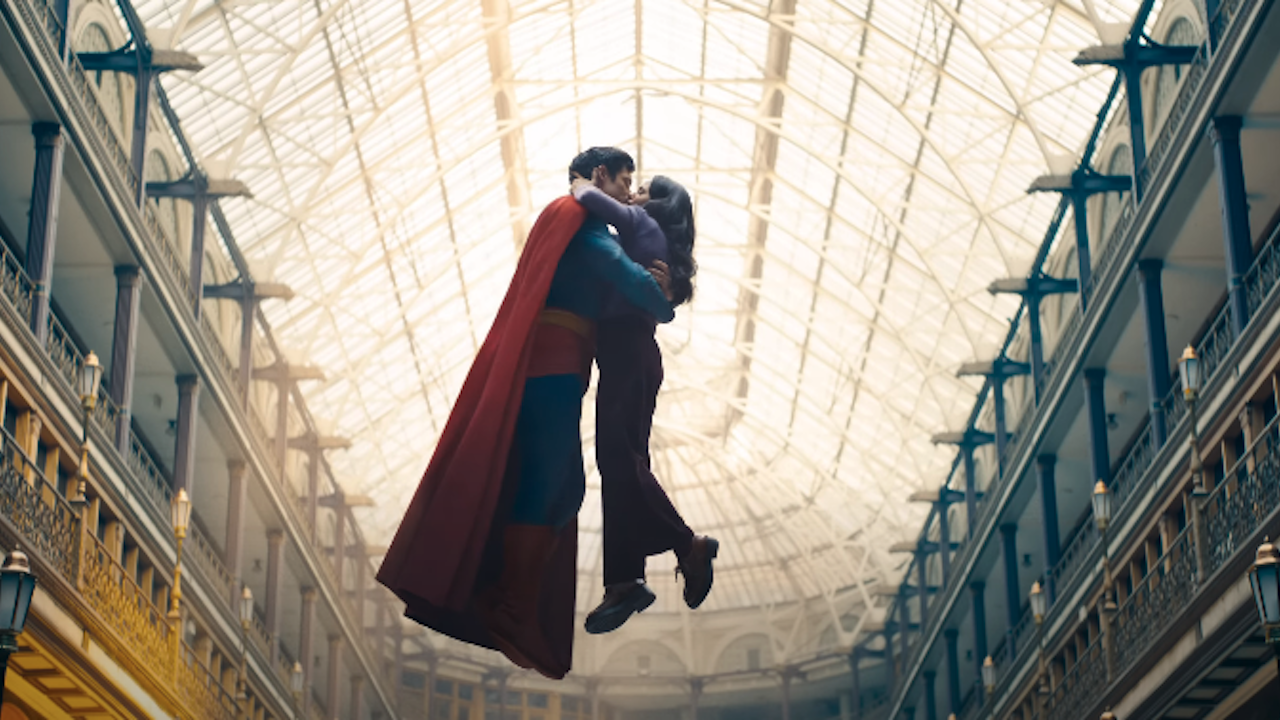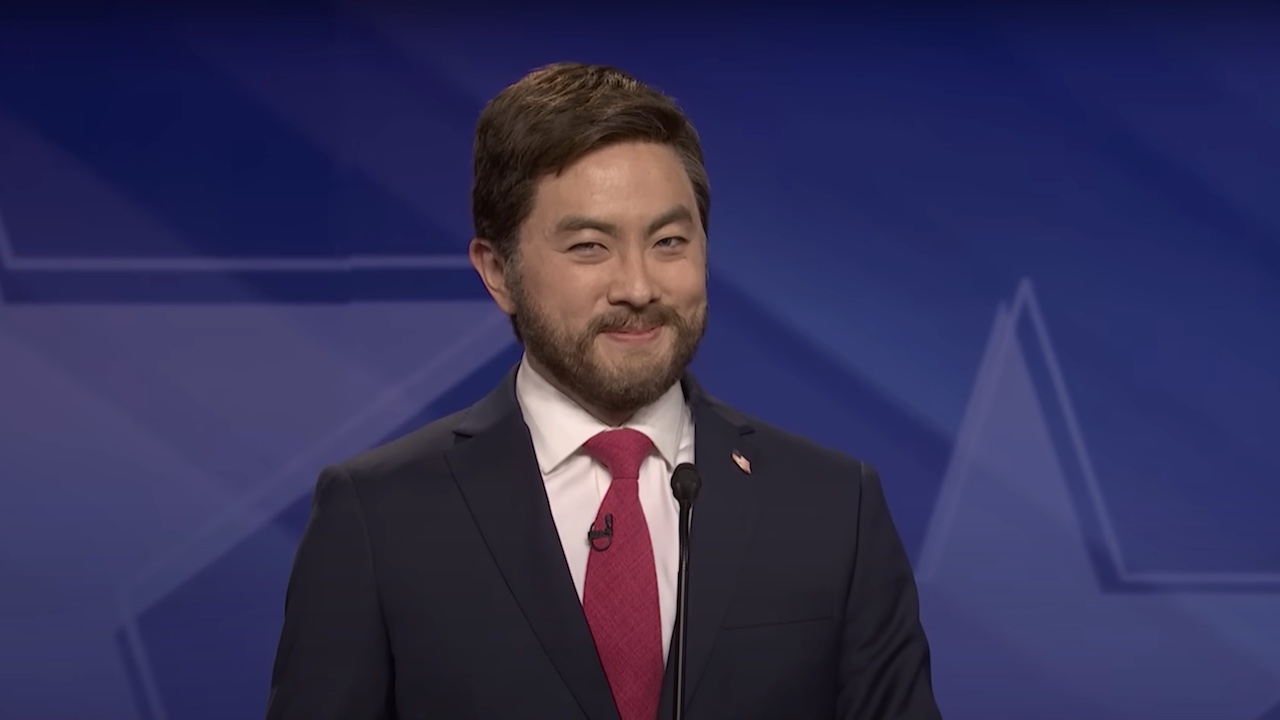Someone Important Fought To Keep Their Name Off Of World War Z, Here's Why
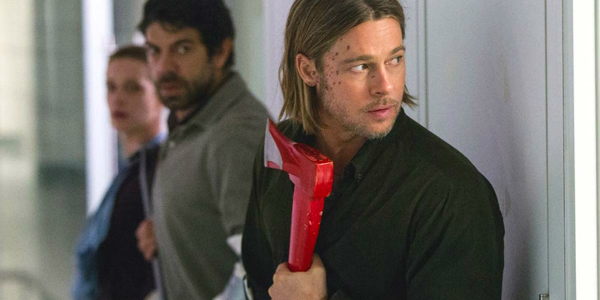
The zombie outbreak film World War Z had more than its share of problems. We already know about changes to the film’s ending that resulted in major reshoots and delays. Now, the movie’s original cinematographer has spoken out about additional issues with filming that were so bad for him, they forced him to remove his name from the movie entirely.
Robert Richardson, who most recently was the cinematographer for Quentin Tarantino’s The Hateful Eight, was part of an in-depth discussion on the craft of cinematography with The Hollywood Reporter, where he explained how the studio completely changed some of his work, and how he felt he had to take a stand on behalf of his industry.
I took my name off World War Z. It was a digital show. We worked very hard coming up with lookup tables [a digital roadmap]. They were pretty radical, but they were a look the studio had agreed upon. There was no disagreement with the studio, nor the director. Then they dropped it all. They chose their own lookup tables. And a little later, they decided they were going to release it in 3D. I felt I was at a point in my life where: 'OK, you have to take some strength for all of us that can't. So Paramount's going to be angry with me. It's going to result in conflict.' And I said I was willing to take that conflict on, because no one's protecting us. If the studio has a right to change your things, you hope to have some artistic position to battle them.
A lookup table is used for modifying the color when you want to make changes so that the final image looks significantly different than what was originally shot. Essentially, when shooting digitally, the image that comes out is always going to look different than what you were looking at on the set. The lookup table is basically the equation used to modify all the images so they all look cohesive. What’s more, when the studio designed to release the film in 3D, that conversion is also going to affect the film’s final color, and Robert Richardson likely would have used different lookup tables had he known 3D was the plan at the beginning. Essentially, by changing the table, Paramount made the film look completely different than what Richardson designed the film to look like. Since the final result wasn’t his work, he didn’t want his name associated with the movie.
Robert Richardson says that as a cinematographer, he has the ability to change anything in a final film. But as he can do it, so can the studio. Meaning the studio can change the final work of many of the different artists and craftsmen involved in a film. He tried to take a stand for the artistic integrity of his own, and potentially many other, professions. Unfortunately, the only significant result has been that Richardson hasn’t been sent a script by Paramount in years.
The art and the business of filmmaking are often at odds with each other and it’s always difficult when the two collide. Is it the cinematographer's job to accept what the studio wants, or should the creative people be given the freedom to do the jobs they were hired to do? What do you think?
CINEMABLEND NEWSLETTER
Your Daily Blend of Entertainment News
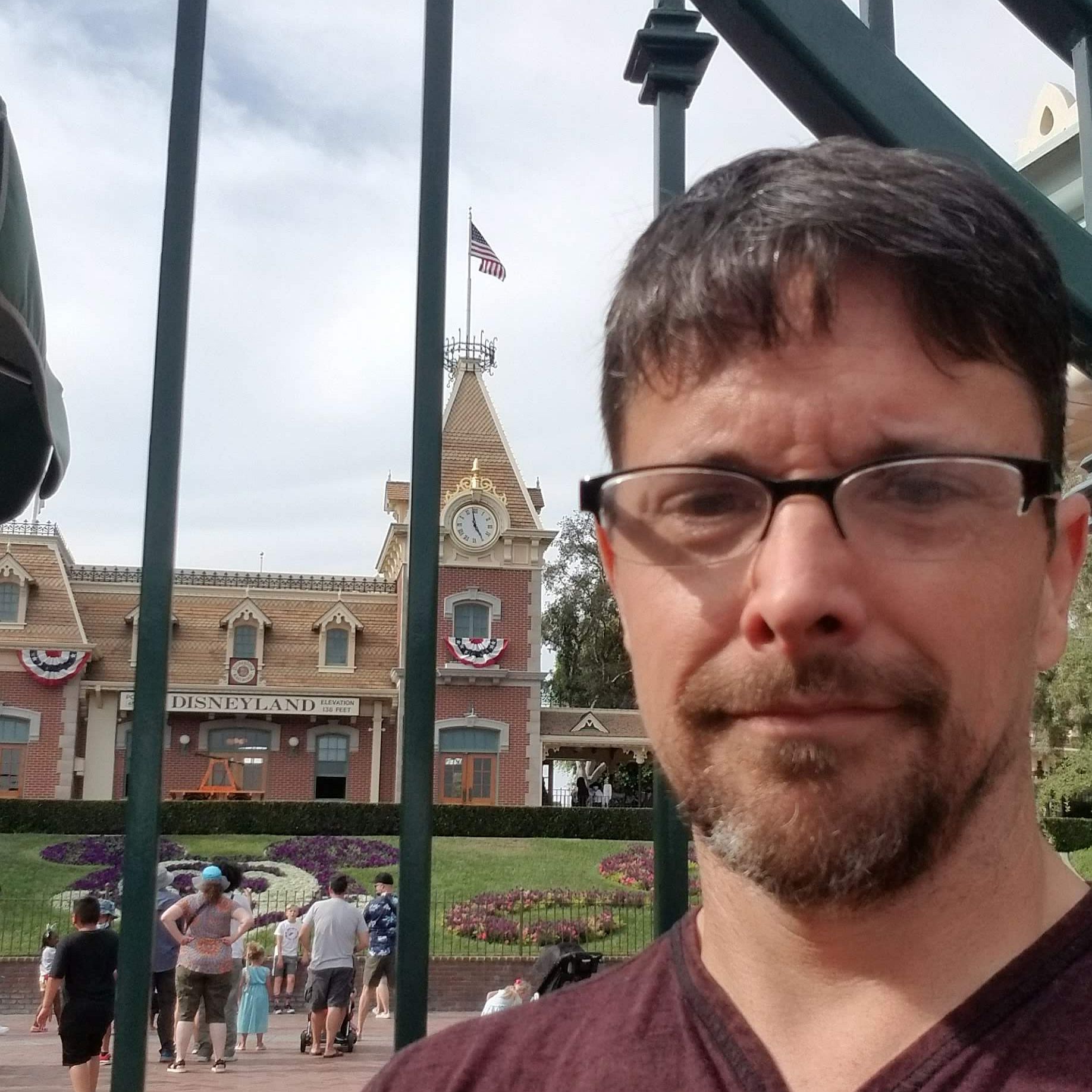
CinemaBlend’s resident theme park junkie and amateur Disney historian, Dirk began writing for CinemaBlend as a freelancer in 2015 before joining the site full-time in 2018. He has previously held positions as a Staff Writer and Games Editor, but has more recently transformed his true passion into his job as the head of the site's Theme Park section. He has previously done freelance work for various gaming and technology sites. Prior to starting his second career as a writer he worked for 12 years in sales for various companies within the consumer electronics industry. He has a degree in political science from the University of California, Davis. Is an armchair Imagineer, Epcot Stan, Future Club 33 Member.


